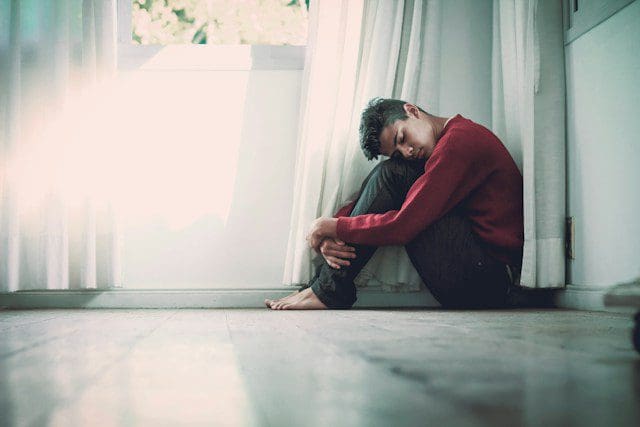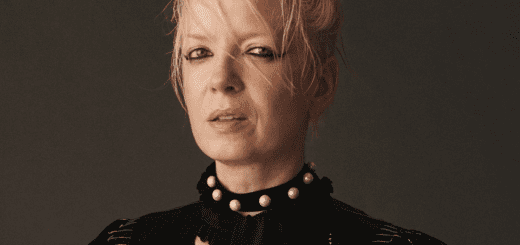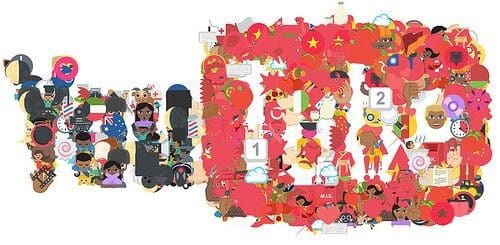Social Anxiety: The Symptoms and Potential Causes
There are lots of different kinds of anxiety. The general definition of anxiety is an unrealistic, irrational fear or worry of disabling intensity. While fear is the natural response to a serious threat to someone’s well-being, anxiety is a response to a potential threat in the future. People with anxiety can experience it in different situations and in different ways. It’s important to keep in mind that everyone experiences anxiety. When the anxiety gets to a point that it is disabling, it can then be classified as a disorder. For this post we are going to focus on a common type of anxiety: social anxiety disorder.
As we always do before discussing a disorder, it’s important to note that only a professional can diagnose individuals with mental health disorders. We want to warn against the dangers of self-diagnosis, especially relating to mental illness. If you or someone you know is experiencing some of these symptoms, it’s okay to investigate further by educating yourself on the disorder, but important to get a professional opinion before drawing any conclusions.
What is Social Anxiety Disorder?
Social anxiety is defined by the American Psychological Association as a fear of social situations where embarrassment may occur or where you may be criticized by others. Some common signs of social anxiety include:
- Worrying excessively for days, weeks, months, etc. before an event
- Avoiding social situations and public spaces
- Being very critical of yourself after a social event or social interactions
- Having an intense fear of being embarrassed
- Shaking, sweating, and having an increased heart rate when in social situations
- Frequent stomach aches or headaches which may cause more school absences
- Trouble maintaining friendships
Social anxiety causes individuals to be unable to attend social situations because of the fear or anxiety. If they do attend, the fear or anxiety is difficult to tolerate. Social anxiety is more prevalent among females than males, and usually develops between the ages of 10-20 (Comer, 2014). Researchers and theorists have proposed lots of causes for social anxiety disorder. They believe that people with social anxiety disorder maintain social beliefs and expectations that work against them. These social beliefs include:
- A negative self image (i.e. believing you are unattractive, or unfunny, not desirable.)
- Unrealistically high standards for your behavior in social situations
- The belief that you are “socially awkward”
- The belief that you will not meet your standards for social interaction and as a result something bad will happen
- Believing you have no control over feelings of anxiety that come out in social situations.
While social anxiety can cause great distress, therapy can do amazing work to help individuals manage and cope with social anxiety.
What are some of the ways you manage anxiety in social settings?





Recent Comments